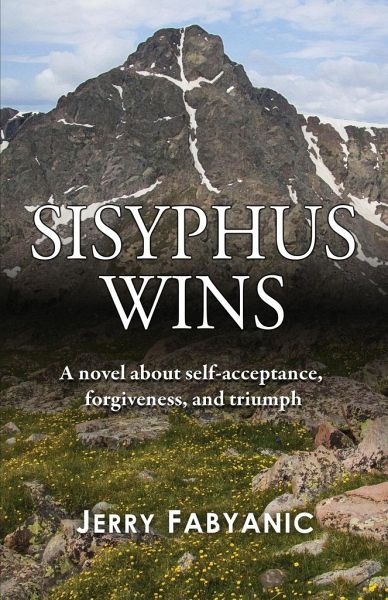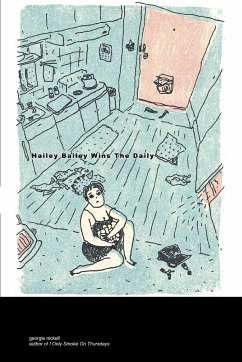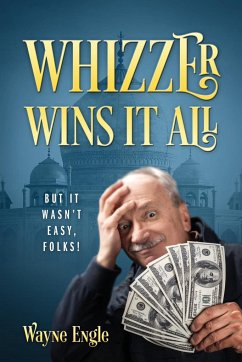
Sisyphus Wins

PAYBACK Punkte
8 °P sammeln!
Can you be who you authentically are and still be accepted by those most important to you? Jonathan Slovanco finds comfort and safety both in his large family that has been traumatized due to a devastating tragedy and in the Catholic Church. But as he matures, he realizes that a fundamental difference between him and other boys may alienate him from everything and everyone he holds dear. When he is confronted with the cold truth that he is on his own, Jonathan is faced with the decision whether to leave his family and friends and his church to uncover the truth of his being. During that strugg...
Can you be who you authentically are and still be accepted by those most important to you? Jonathan Slovanco finds comfort and safety both in his large family that has been traumatized due to a devastating tragedy and in the Catholic Church. But as he matures, he realizes that a fundamental difference between him and other boys may alienate him from everything and everyone he holds dear. When he is confronted with the cold truth that he is on his own, Jonathan is faced with the decision whether to leave his family and friends and his church to uncover the truth of his being. During that struggle, he realizes that his journey is his to walk and that only he can resolve the conflicts he faces: with himself, his family, society, and his church. It is only in the realm of nature that he finds himself at peace. As a teacher of American literature, Jonathan teaches his students that great works of fiction are "more true" than non-fiction because they deal with universal truths. It is in them, particularly in the story of the "unconquering whale," Moby Dick, he is able to sort out and make sense of the conflicting aspects of his life. It is, thus, in those works and in nature that Jonathan begins to find his truth and to discover his innate courage. For Jonathan, coming to self-acceptance is difficult enough. Coupling that with the courage needed to reveal his genuine self to his family feels like a Sisyphean effort. What you don't talk about can hold you back . . . and what you come to accept can set you free.












